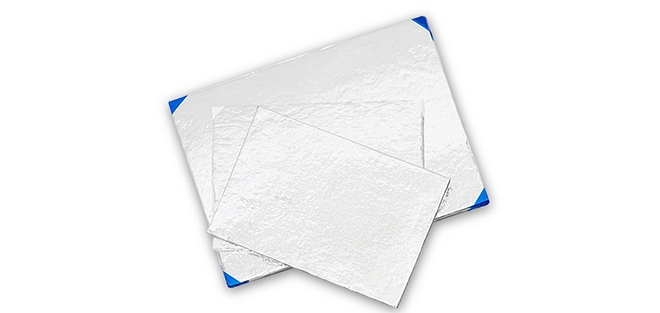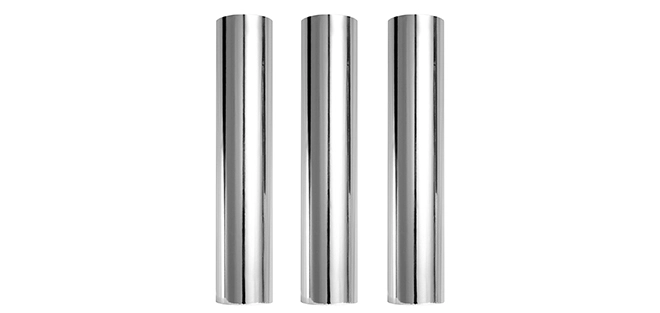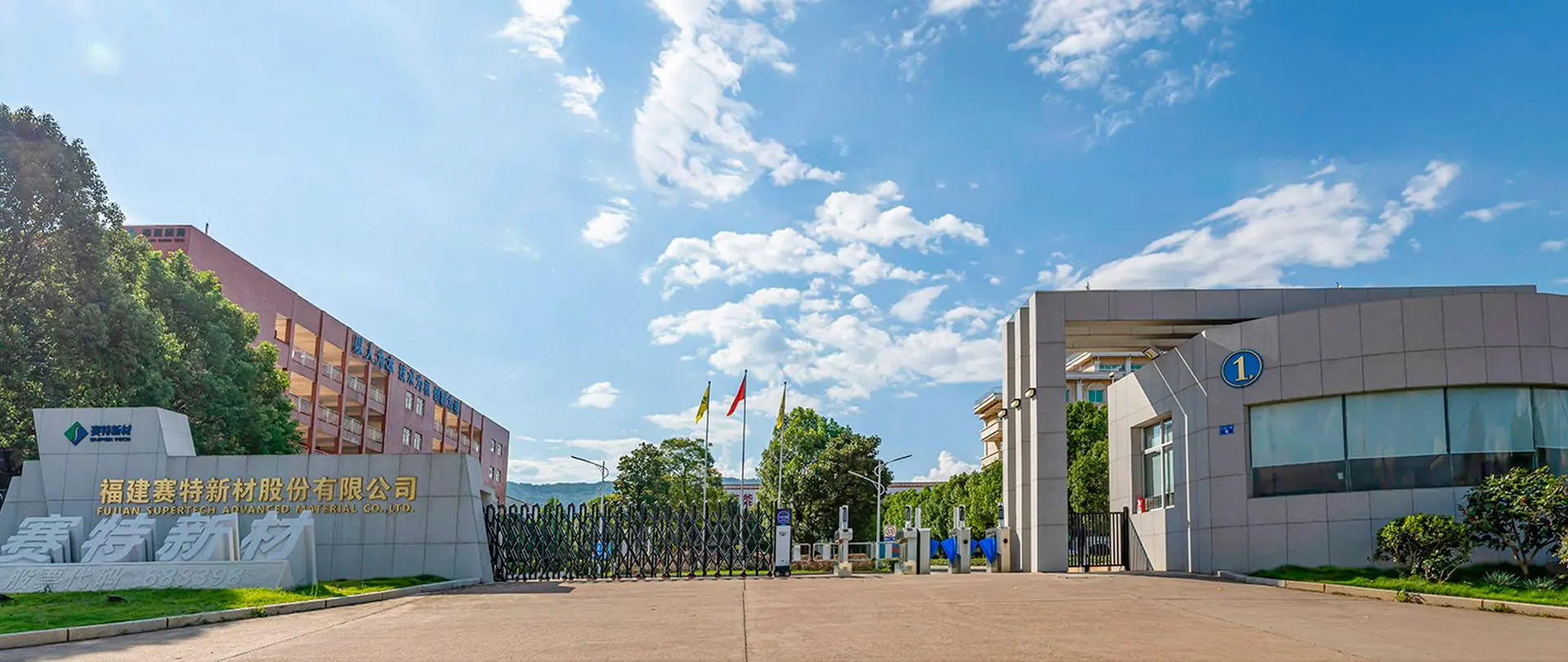The company has complete vacuum insulation board technology and extensive practical experience in VIP cold and hot bridges. It has developed a series of new materials containing vacuum insulation technology, such as vacuum insulation boards, vacuum glass, insulation boxes, and related supporting products such as high resistance diaphragms, high-performance glass fiber core materials, and getters. At the same time, it has independently developed cold chain insulation equipment, packaging equipment, testing equipment, and automation equipment for vacuum insulation boards, The energy-saving effect of insulation is much better than common insulation products on the market, which can fully meet the needs of customers in fields such as household appliances, construction, cold chain transportation and storage.



The thermal conductivity of key technical parameters of our main products reaches 1.5mW/m.K, which is the best in the industry. Under the same conditions, it can expand the capacity of refrigerators and save more energy.
Independent research and development of the whole industry chain, the main products of vacuum insulation panel such as core material, high-performance barrier film, adsorbent products are independently designed and developed, better control the cost from the source.
A number of experts from universities and scientific research institutes, professional materials research and development team, serious and rigorous production and quality control, professional sales team, to jointly provide you with heat insulation and energy saving solutions.
Thermal insulation materials testing is a process used to determine the effectiveness of materials in preventing the transfer of heat. This is crucial in various industries, such as construction, manufacturing, and transportation, where controlling temperature is essential for safety and efficiency.
Several tests are conducted to evaluate the performance of thermal insulation materials, including:
These tests are conducted in laboratories under controlled conditions. The results are used to compare different materials and select the most suitable one for a specific application.
Thermal Conductivity Test: This test measures the rate at which heat passes through a specific material. The lower the thermal conductivity, the better the material is at insulating.
Fire Resistance Test: This test determines how well the material can withstand fire or high temperatures.
Water Vapor Transmission Test: This test measures the rate at which water vapor passes through the material. Materials with low vapor transmission rates are more effective at preventing condensation and moisture build-up.
Density Test: This test measures the mass per unit volume of a material. Materials with higher densities generally have better insulating properties.
Compressive Strength Test: This test measures the material’s ability to resist deformation under load. Materials with high compressive strength are more durable and less likely to degrade over time.
Aging Test: This test evaluates how the material’s insulating properties change over time when exposed to various environmental conditions.
Temperature Resistance Test: This test determines the maximum and minimum temperatures a material can withstand without losing its insulating properties.
